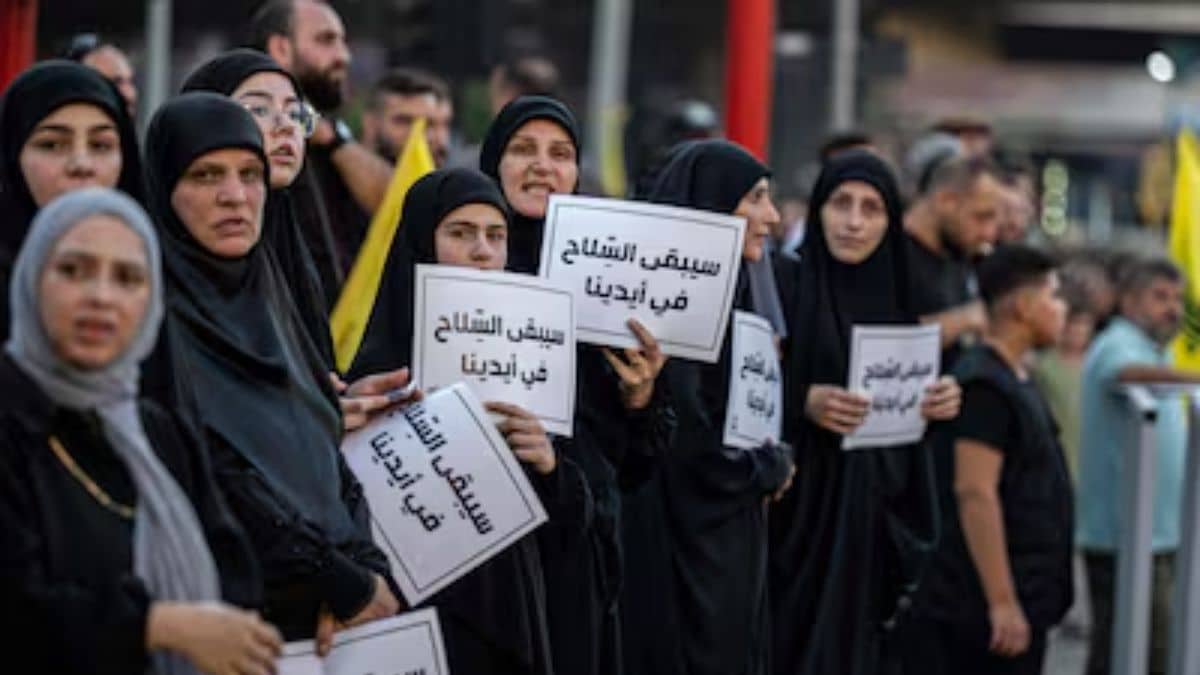Western envoys have reportedly offered “incentives” to Hezbollah and Lebanon to ensure that retaliation for Israel’s assassination of Hezbollah’s top military commander remains contained and does not escalate into full-scale conflict. This comes after Hezbollah leader Hassan Nasrallah vowed that Israel would “weep” following the targeted killings of Fouad Shukr and Hamas leader Ismail Haniyeh.
On Thursday, Hezbollah’s chief warned of a “new phase” in the ongoing multifront conflict following Israel’s actions. Shukr and an Iranian military associate were killed in a strike on Beirut’s southern suburbs, causing civilian casualties, while Haniyeh was killed in an explosion at his Tehran residence.
The historic prisoner exchange involving multiple nations, including the U.S., Germany, and Russia, was facilitated by Turkey’s National Intelligence Organization (MIT), showcasing Turkey’s role in international diplomacy. According to Lebanese political sources, the incentives suggested by Western mediators include assistance with Lebanon’s financial and political issues. These include addressing Lebanese banks’ financial constraints, facilitating energy projects with Jordan and Egypt, and aiding in the political stalemate over Lebanon’s presidency.
Lebanon has been grappling with severe economic issues since 2019, exacerbated by a collapsed financial sector and a lack of political leadership. The country has been without a president since October 2022, and efforts to elect a successor have stalled.
Western officials, including UK Foreign Secretary David Lammy and Defense Secretary John Healey, have visited Lebanon and Israel to push for de-escalation. They met with Lebanese leaders to discuss the situation and avoid further conflict. Israel has warned that any aggression will be met with a high price. Prime Minister Benjamin Netanyahu has emphasized readiness for both defensive and offensive scenarios, reflecting heightened tensions in the region.
With Hezbollah’s significant arsenal and Israel’s expanded military capabilities, both sides are now more heavily armed compared to the 2006 conflict, which was devastating for both Lebanon and Israel.

